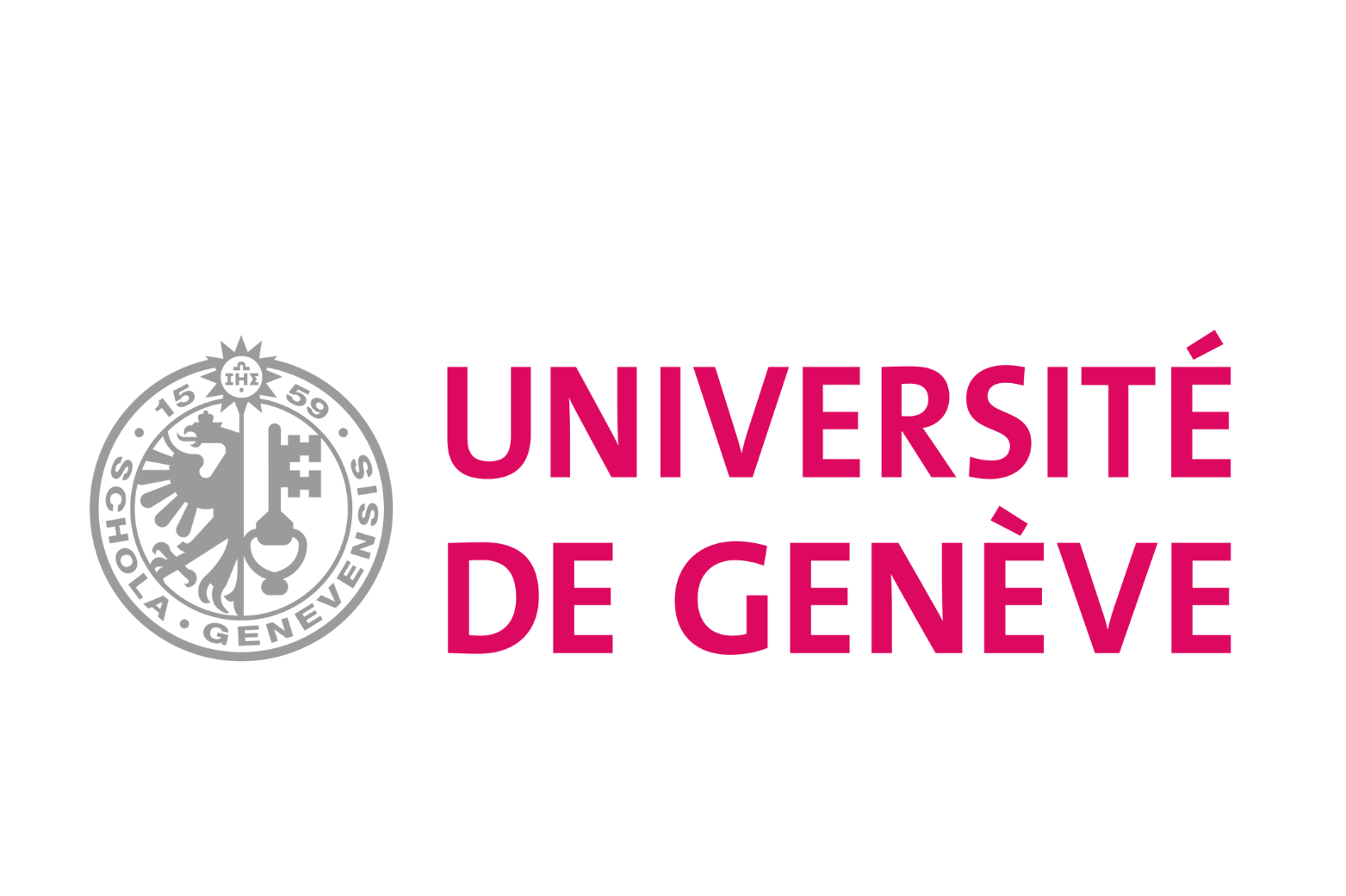Information
The Department of Philosophy at the University of Geneva offers a four-year PhD fellowship within Fabrice Correia’s SNSF project Higher-Order Metaphysics: Foundations, Motivations and Hyperintensional Developments.
The project will be linked to eidos, the Centre for Metaphysics
Starting Date
Ideally 1.7.2025. A slightly later date is possible.
Language Requirements
Geneva is part of the French-speaking area of Switzerland, but for the purposes of the position only a good command of English is compulsory.
How To Apply
Applications must be sent by e-mail to Fabrice Correia (fabrice.correia@unige.ch) by May 15th, 2025.
They should include:
- a cover letter
- a CV
- a list of publications (if any)
- a writing sample (max. 10’000 words)
- the contact details of two academic references.
Applications from members of underrepresented groups are especially welcome.
Brief Description of the Project
In current academic philosophy, the logic that is commonly used, and regarded as standard, is classical first-order predicate logic. In first-order logic, variables exclusively occupy the position of singular terms, and quantifiers exclusively bind such first-order variables. Higher-order languages, by contrast—which allow for variables to replace expressions of all grammatical types, and quantifiers to bind such variables—are often regarded as either illegitimate or re-interpreted in first-order terms. In the last two decades, however, an alternative to the first-order paradigm has started to gain prominence: metaphysics based on higher-order logic, or, for short, higher-order metaphysics.
The higher-order framework has been applied to many different topics, including metaphysical modality, possible worlds and times, essence, metaphysical grounding, fundamentality, properties and relations, the propositional attitudes, the foundations of mathematics, and tense realism. In addition to this applied research, higher-order metaphysicians have also been interested in the foundations of the framework and in the motivations for adopting it. The following topics have recently come to the forefront: the nature and logic of higher-order identity, the variety of kinds of higher-order languages, the meta-ontology of higher-order languages, the comparative expressivity of first-order and higher-order languages.
Despite all the work that has been done within this framework, the foundations of higher-order metaphysics remain to an important extent shaky, the motivations for endorsing the higher-order framework are far from being clear, and the applications of the framework have largely ignored hyperintensional phenomena. These are, we contend, important shortcomings in the development of the framework. The project is meant to rectify these shortcomings.
For further information, please contact Fabrice Correia (fabrice.correia@unige.ch)
